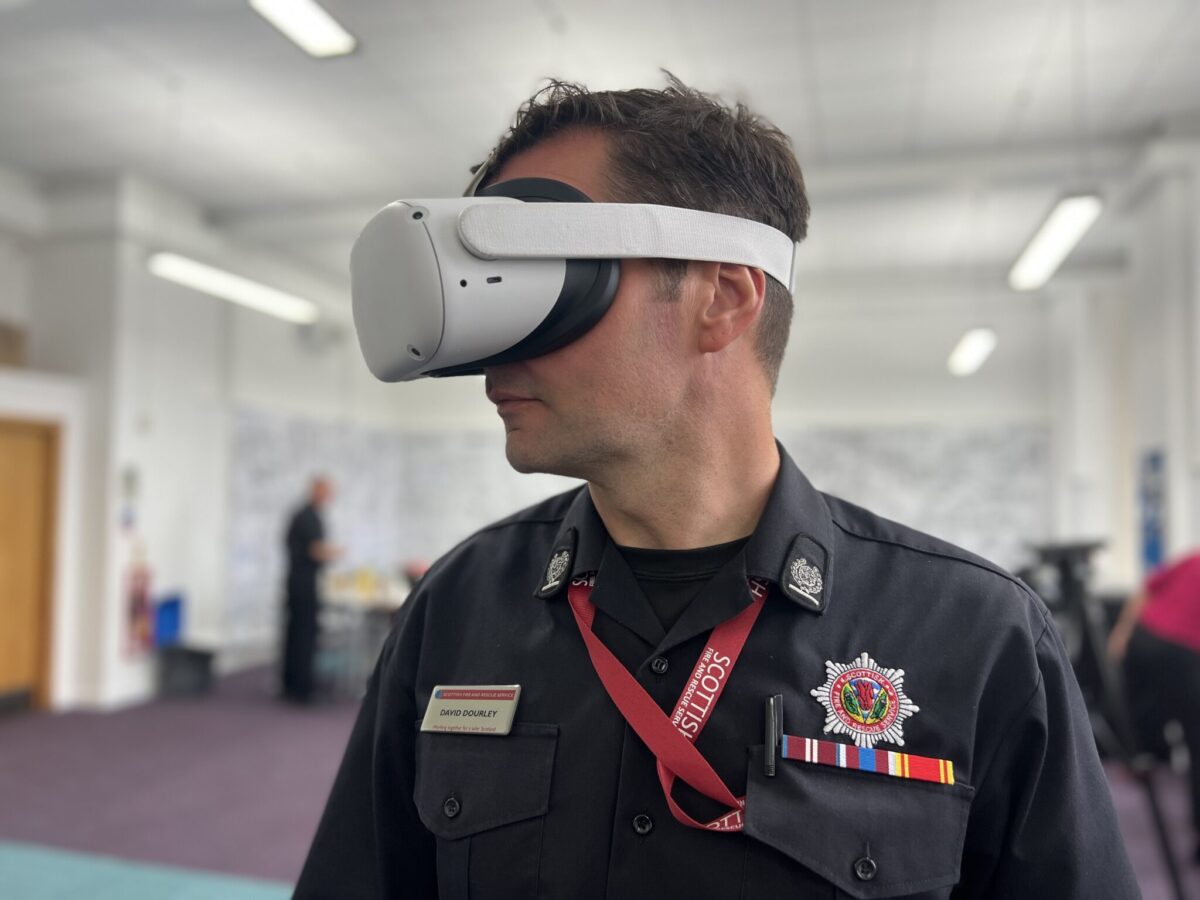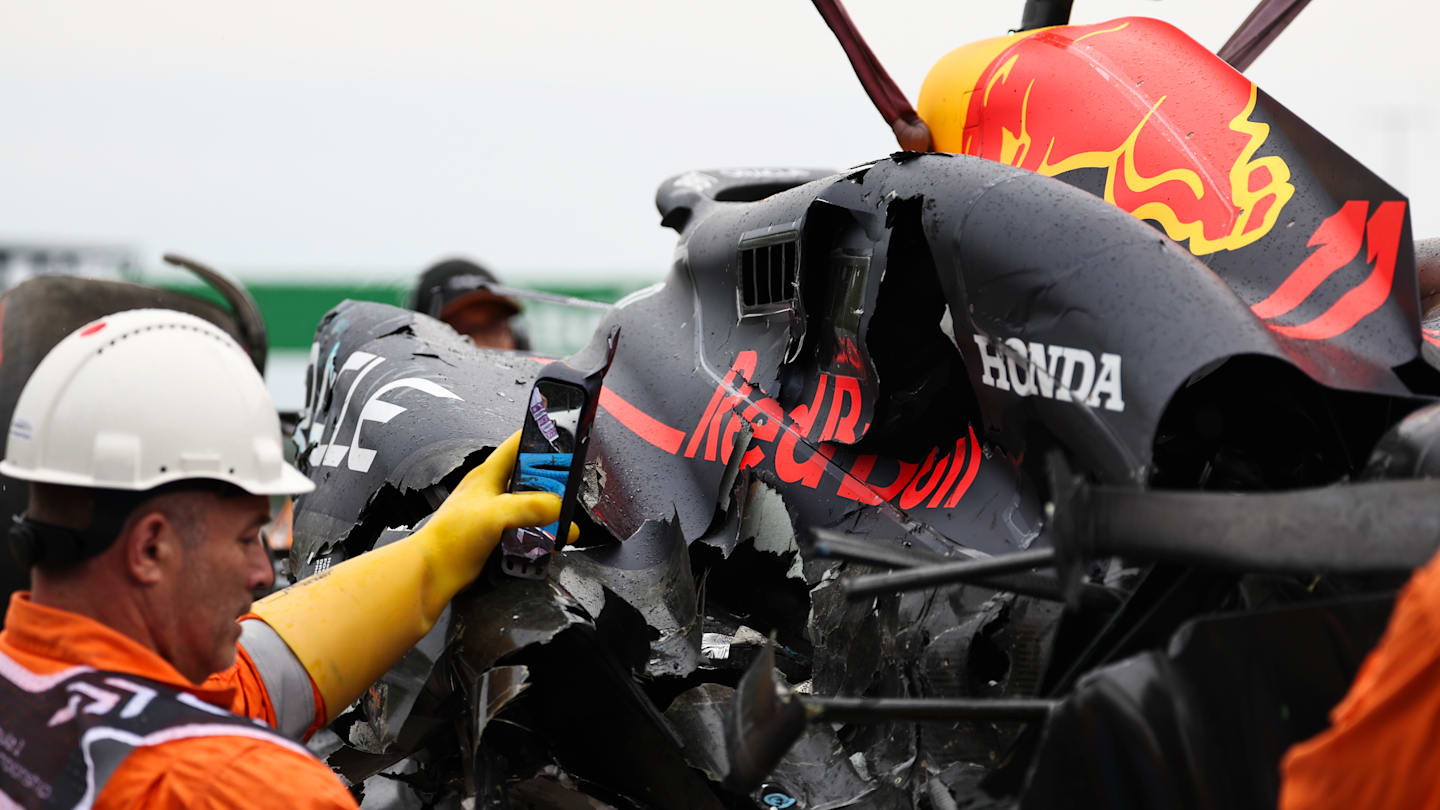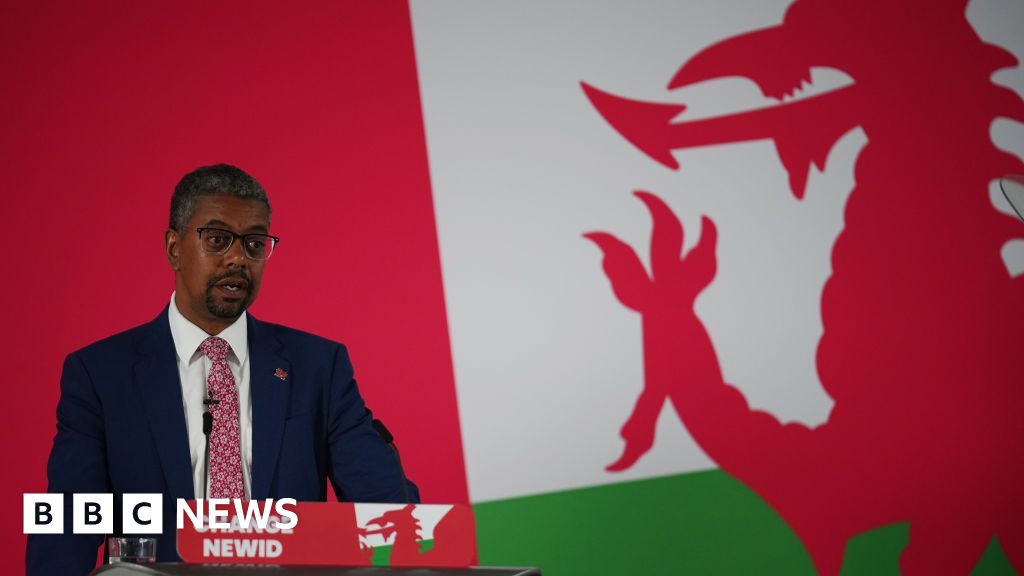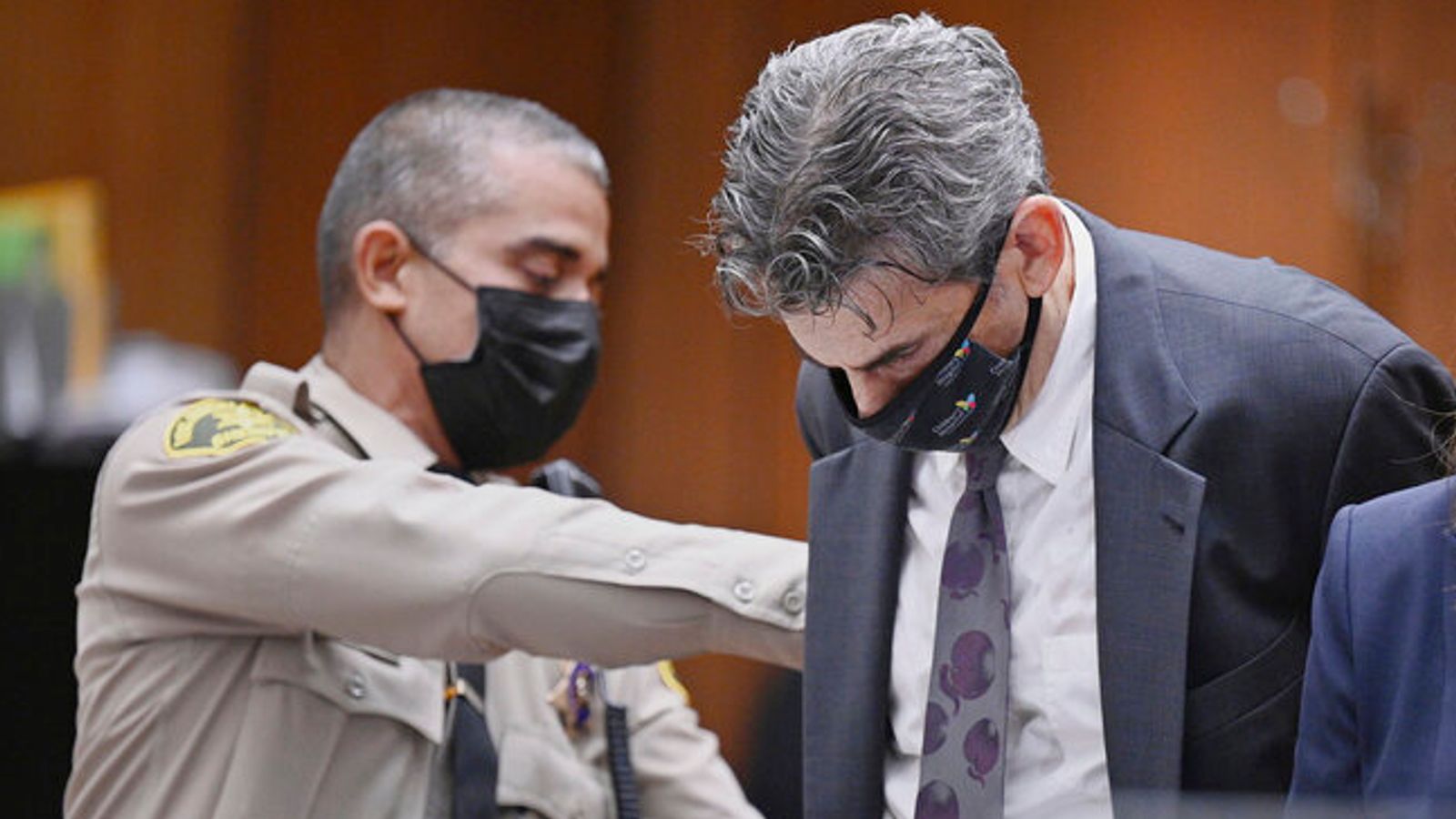EXPERTS in University of Dundee have developed an advanced training tool for fire investigators using virtual reality (VR) technology.
Current training for police and fire investigators often requires controlled burning of simulated fire scenes set up in shipping containers or on abandoned lots.
Then the investigators go to the place, inspect the scene and make conclusions about where the fire started and what caused the fire.
While effective, these fire tests are expensive, unstable and ecologically unfriendly
Researchers from Leverhulme University Forensic Research Center (LRCFS) and Duncan Jordanstone College of Art and Design (DJCAD) in collaboration with Danish Fire Police investigators created a virtual fire environment using digital images taken after a real fire. fires.
Capturing the aftermath of a controlled burn using digital imaging and VR technology enables the use of a single location in multiple training sessions, while providing a realistic environment for investigators to investigate and review the scene in a safe environment.
Professor Niamh Nick Dade, director of the LRCFS, said: “We have been looking at how VR can facilitate fire and crime scene investigations for some time.
“What is most important is that we ensure that we use virtual reality in a way that is based on a sound scientific approach that will stand up to the scrutiny of our legal systems and our courts, and we are taking that approach in Scotland.”
The Leverhulme team works with fire investigators from the Scottish Police Forensic Service (SPA) and the Scottish Fire and Rescue Service (SFRS).
Researchers from both sides visited the university this week to try it out for the first time.
Karen Robertson, SPA Forensic Services, said: “This has been a fantastic collaborative opportunity for fire investigators and our colleagues from the fire service.
“Fire investigators used VR to investigate the same fire, the origin and cause of which is known.
“The data from this will be used to improve fire forensics from crime scene to court for the people of Scotland.”
Experts worked with investigators from the Danish Fire Police to capture and create realistic VR scenes.
Abandoned buildings in the south Denmark were staged and burned, and hundreds of photographs were taken following methods developed in Dundee to document the site after the fire.
The developed program is already implemented in fire investigation training in Denmark.
Eva Ljungqvist, Special Crime Unit, Danish Police, said: “The feedback from the sessions has been fantastic.
“Investigators used the tool effectively, applying scientific methods to conduct the investigation. This is exactly what we want to see.”
Scots forensic experts use VR technology to advance fire training











